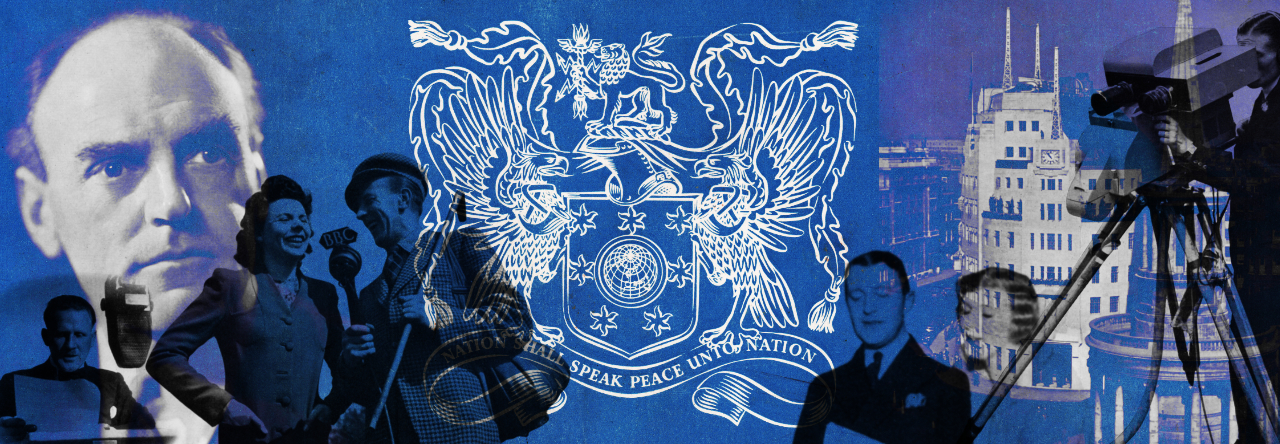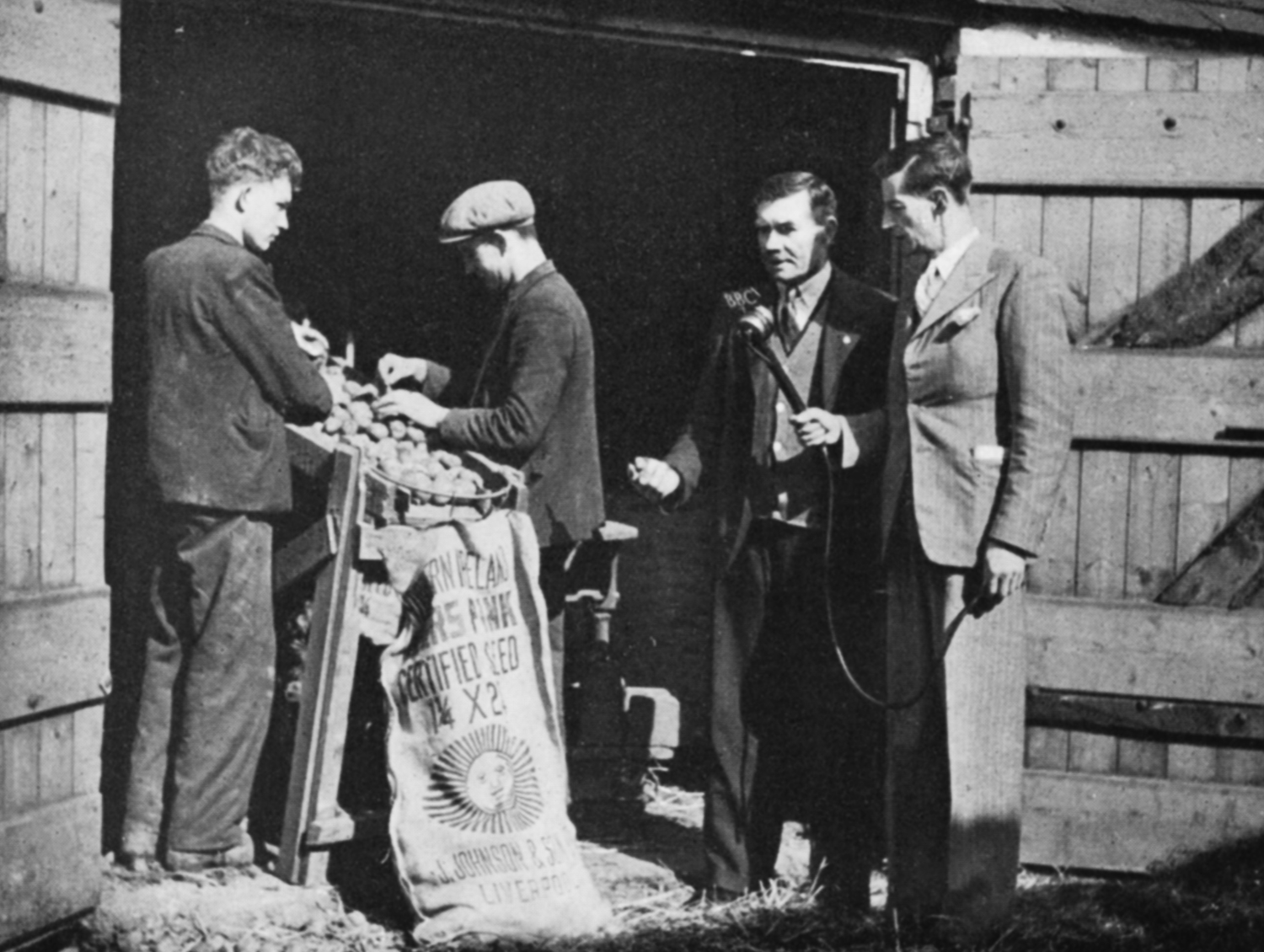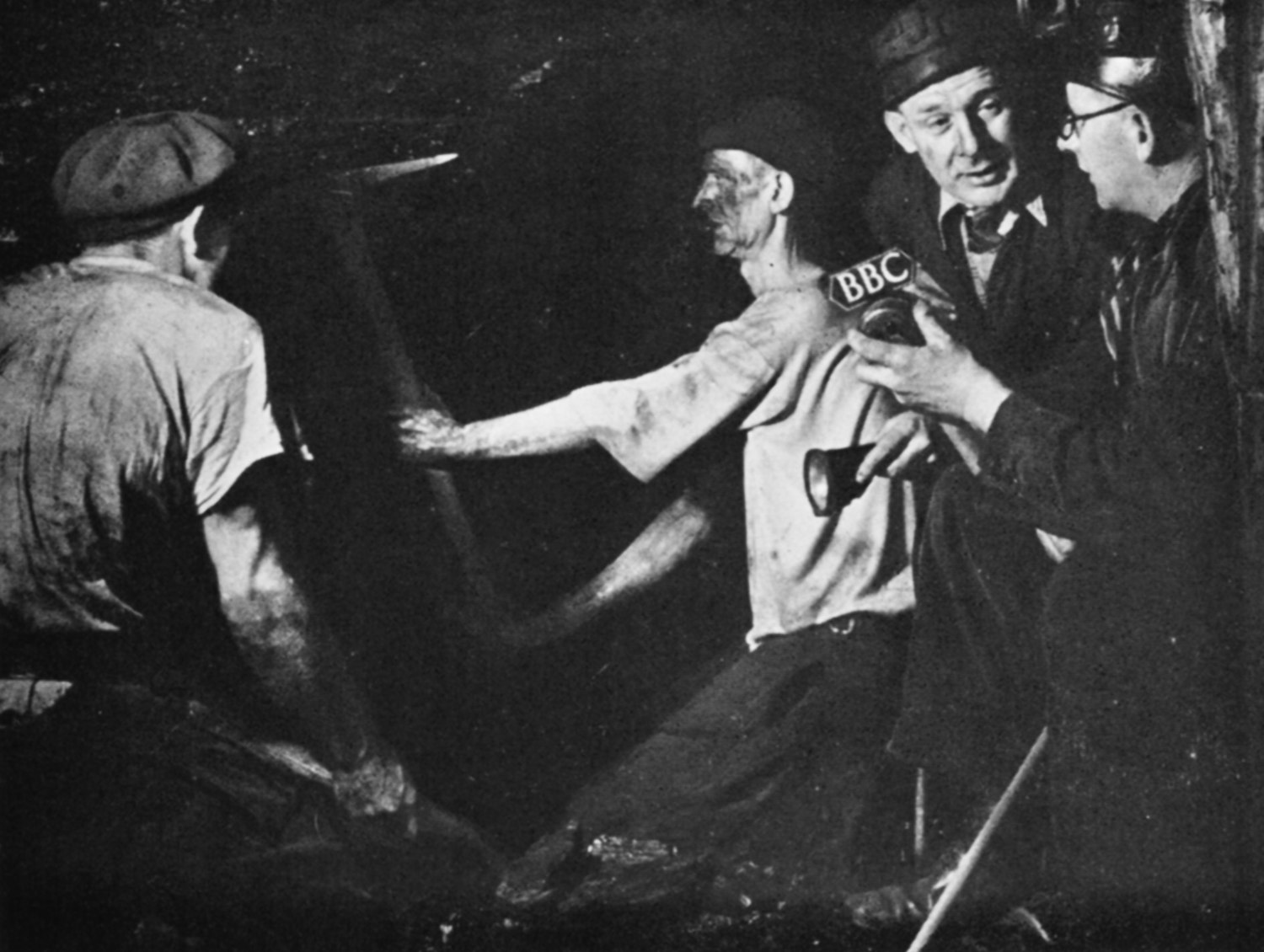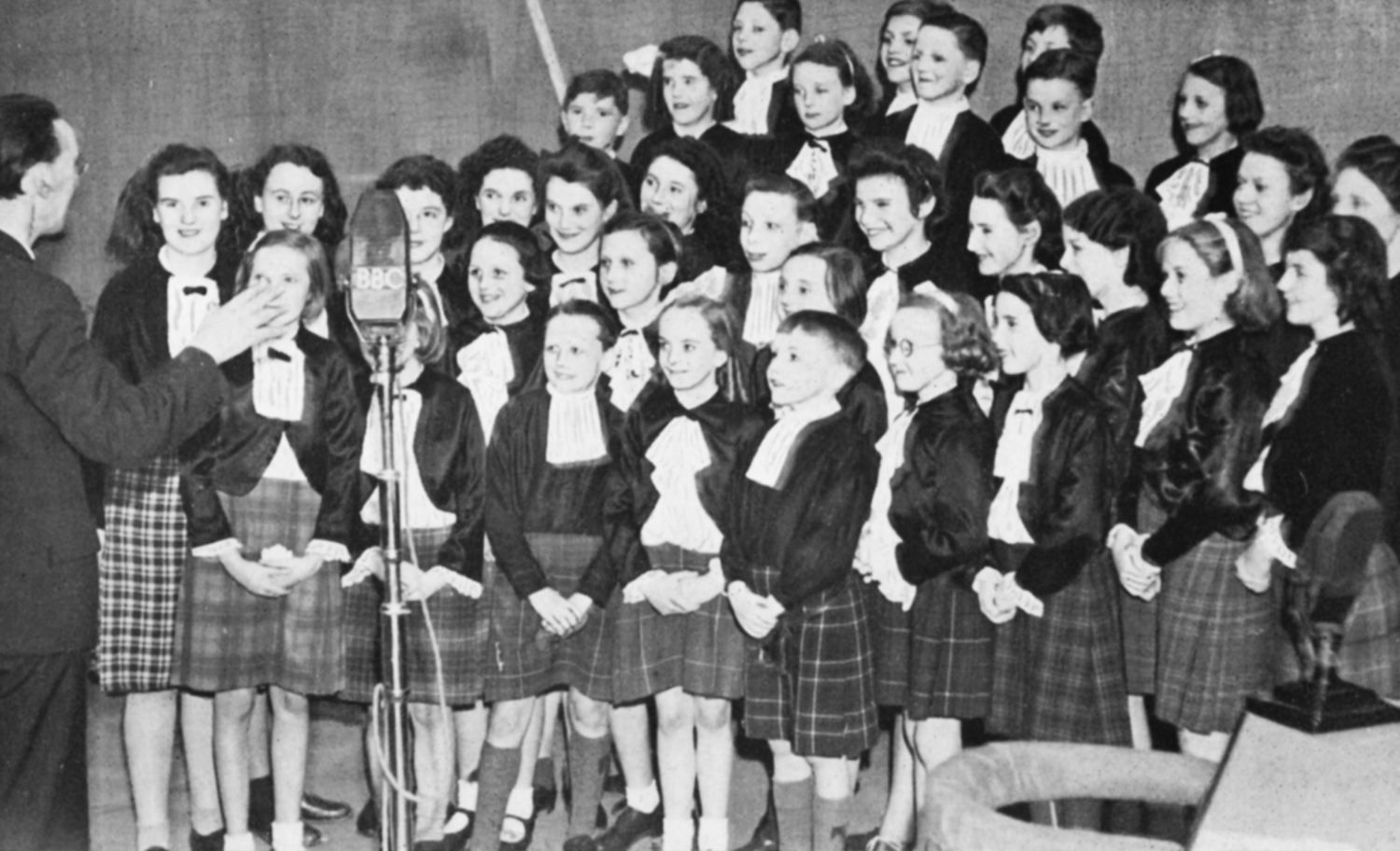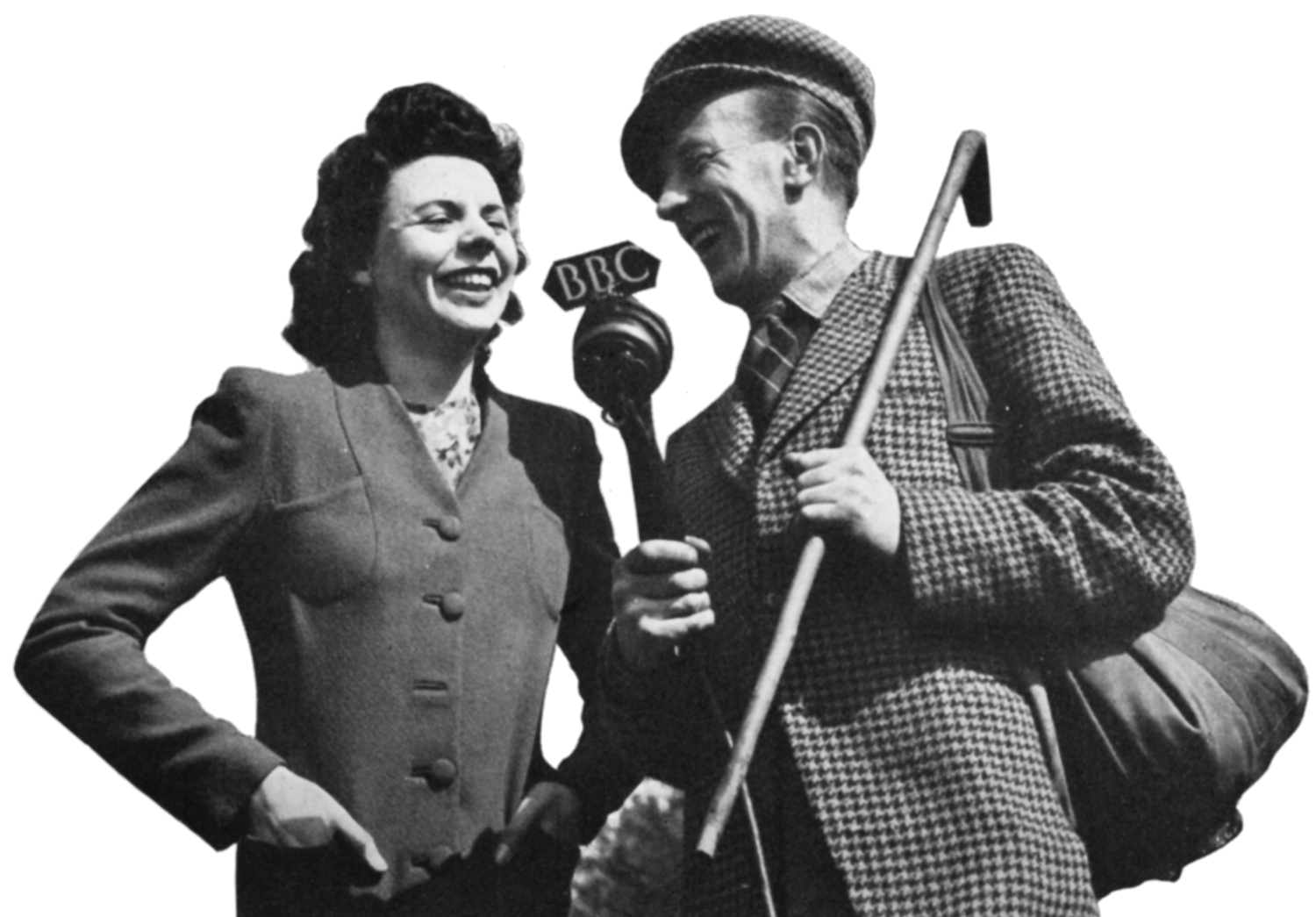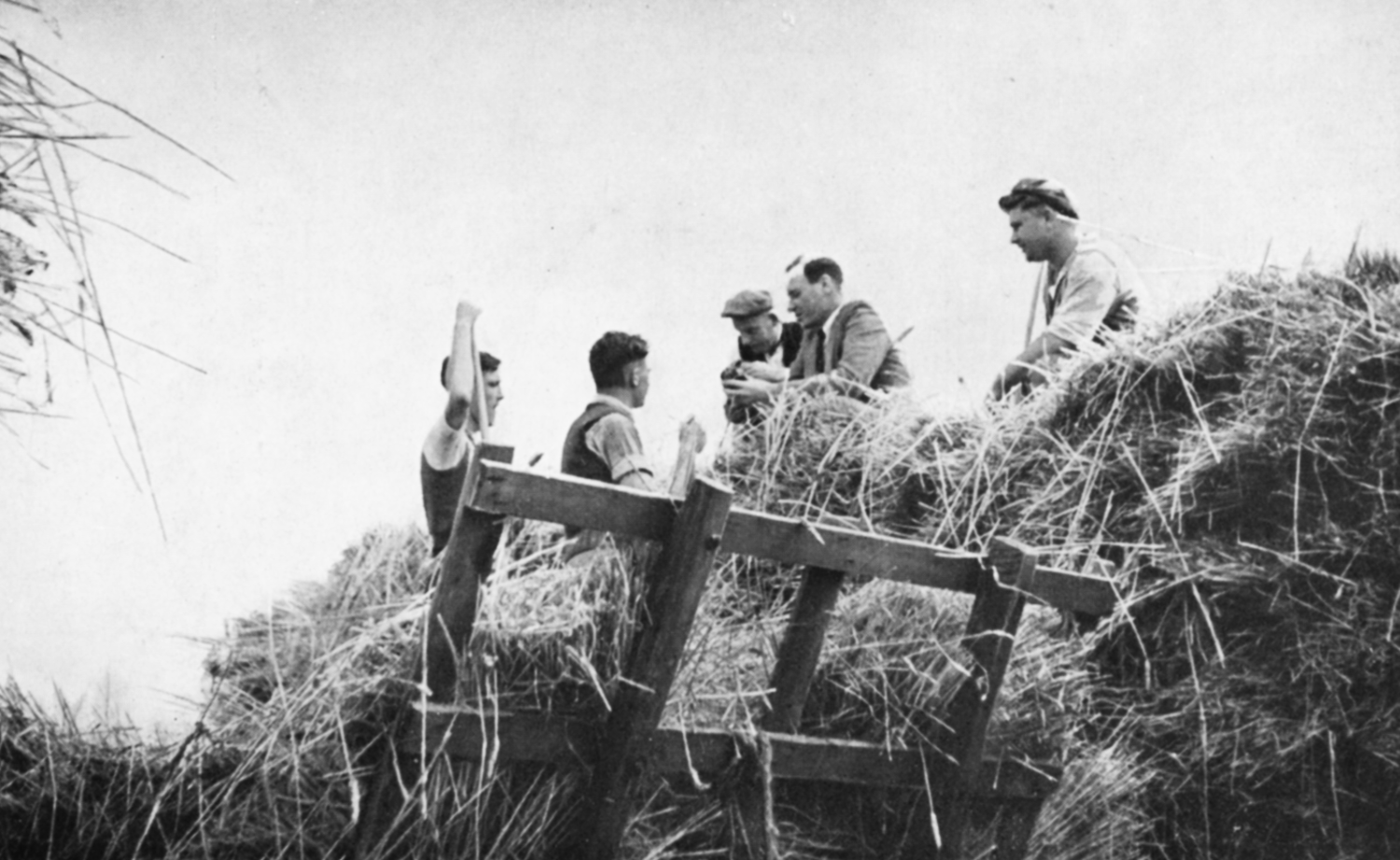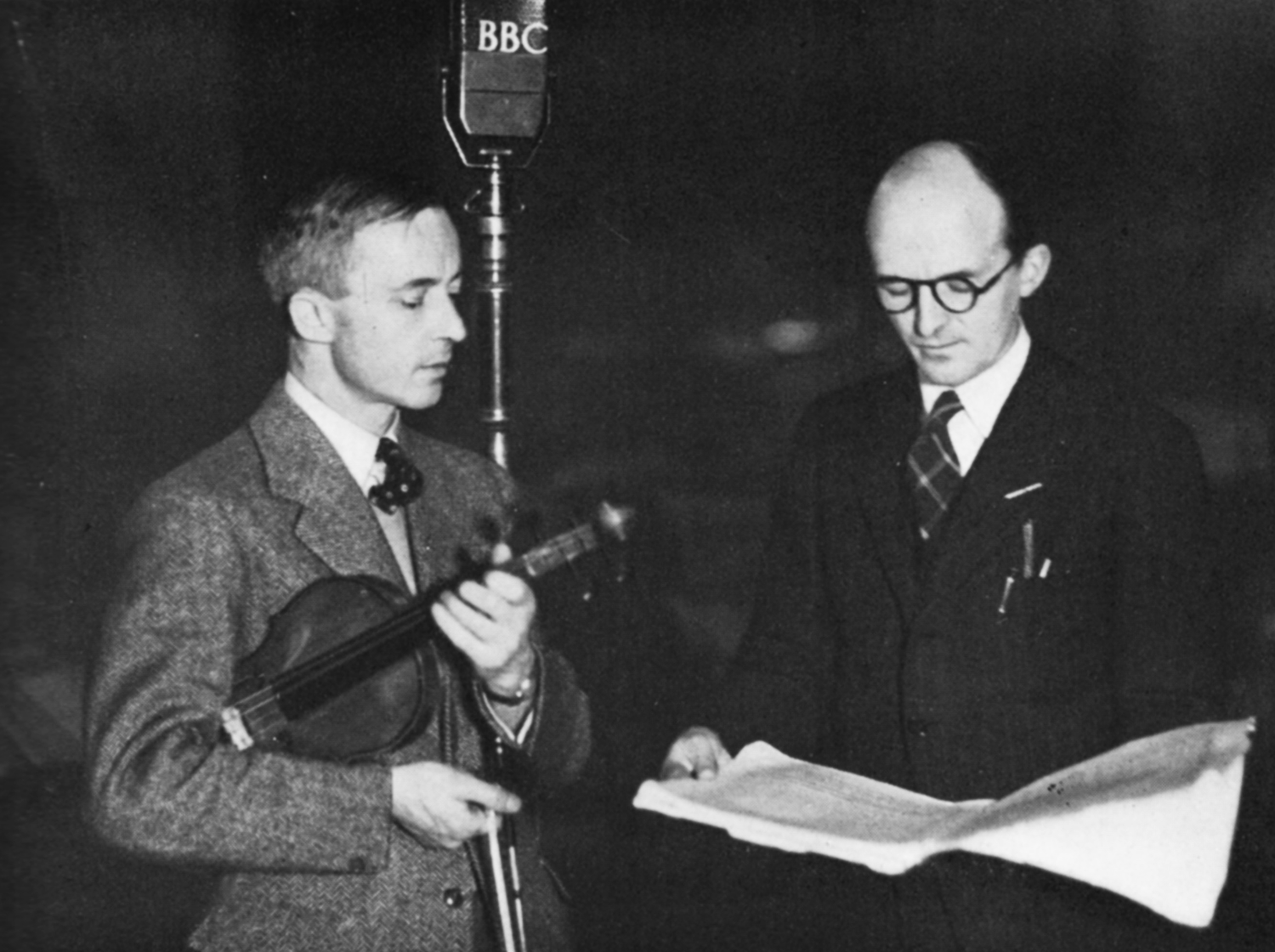The regions are active
REGIONAL broadcasting which has returned since the war with great vigour and vitality, is as old as the BBC.
In the early days local stations were needed not only because transmitters had a limited range, but because there were different traditions and cultures to be expressed regionally. Over twenty years ago, for instance, a station like Manchester was doing as many as thirty hours of its own programmes each week. The next stage came in the early ’thirties, when twin-wave transmitters enabled each part of the United Kingdom to enjoy its own, or the National Programme.
WHEN, in September, 1939, the exigencies of war took from the Regions their own programmes, their identities had become strongly marked. The re-establishment of regional services after the war was generally popular. Since then the songs, plays and talks in the Welsh language, the farming and rural life broadcasts in the West, the free discussions in the Midlands, the humour of Gracie Fields and Wilfred Pickles in the North, the native drama of Ulster, and the national repertoire of Scottish music and poetry have once again flourished on their native soil.

